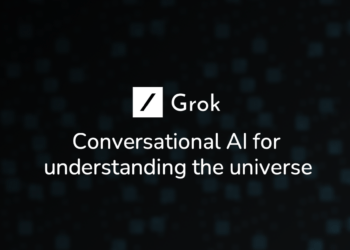Federated Learning emerges as a promising solution to the challenges of privacy and scalability inherent to training machine learning models. Contrary to conventional paradigms that require centralizing vast amounts of data, federated learning enables the collaborative training of models across multiple devices or servers, keeping the data at its original location and only sending model updates to a central server for aggregation.
Foundations of Federated Learning
The distinctive aspect of federated learning lies in its ability to train algorithms under a privacy-preserving scheme, a domain known as secure machine learning.
The classic architecture thrives on the concept of ‘model updates’ – computed differences through the optimization of models on local devices or nodes that are then sent to the central server. Crucially, this methodology employs algorithms like Stochastic Gradient Descent (SGD) at each node, where precise data information never leaves the local enclave.
Technical Innovations: Compression and Security
Communication between nodes and the central server represents a significant bottleneck. Fortunately, techniques for update compression have shown a decrease in bandwidth usage without significantly sacrificing learning performance. Methods of quantization and sparse coding schemes are examples of these advancements, enabling more efficient model synchronization.
Regarding security, mechanisms such as Differential Privacy (DP) strike a balance between learning general patterns and protection against potential leaks of sensitive information. DP adds controlled noise to model updates to ensure that the inclusion or exclusion of a single data point does not significantly affect the aggregated model, anonymizing its contributions.
Emerging Use Cases
Federated learning has become instrumental in sectors like healthcare and finance. In healthcare, for instance, different institutions may collaborate to improve predictive models for diseases without compromising the confidentiality of patients’ medical records.
Comparison with Previous Works
Previously, strategies such as data enclosure or traditional distributed learning have been widely used, but none have achieved the subtle balance between intensive collaboration and robust privacy provided by federated learning. This technique has overcome several fundamental obstacles, allowing training on heterogeneous and imbalanced datasets without the need to reveal or transfer sensitive data.
Challenges and Future Directions
Nevertheless, significant challenges abound. The heterogeneity of devices and the potential imbalance in data contribution to the model remain as essential problems to overcome. Moreover, verifying the quality and relevance of local updates before aggregation continues to be an intense field of research.
As for future directions, the integration of federated reinforcement learning promises to optimize distributed real-time decisions and adaptation to non-stationary contexts. Similarly, the incorporation of attention models, which enable a selective focus on relevant information, could enhance the efficiency of these systems.
Conclusions
Federated learning revolutionizes the ability to collaborate in the development of data-intensive artificial intelligence models while maintaining privacy and limiting exposure to security risks. As this field matures, it is essential to maintain a continuous dialogue between practical needs and theoretical innovations to ensure that both the effectiveness and ethics of the developed algorithms are maximized.






















